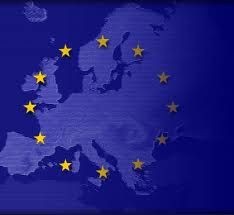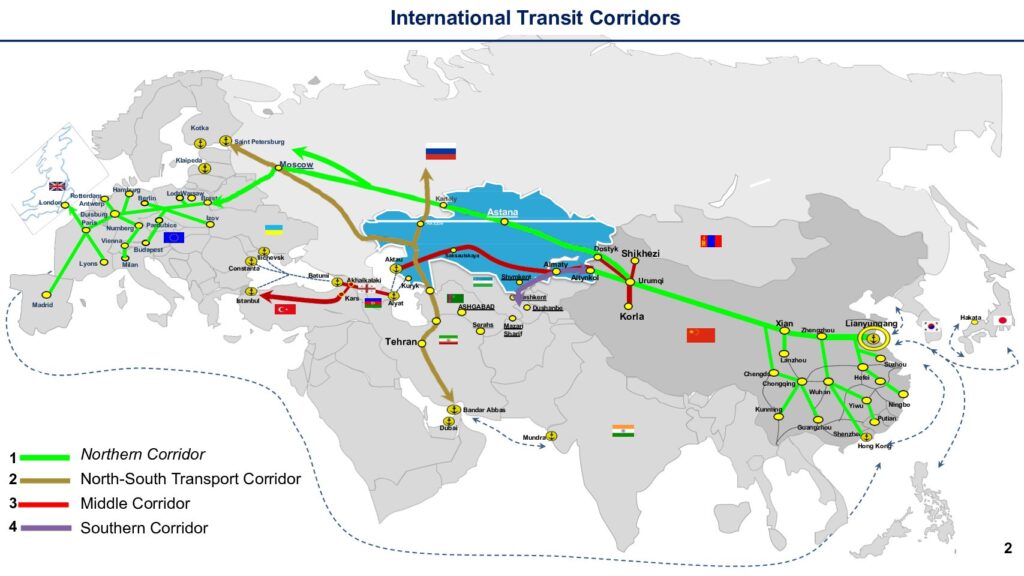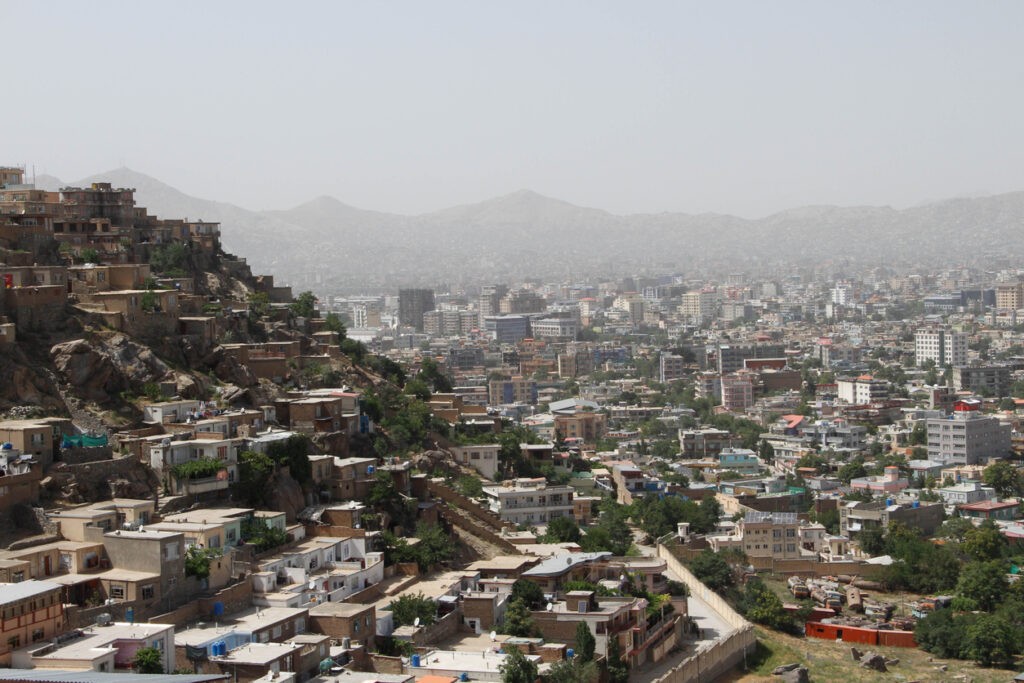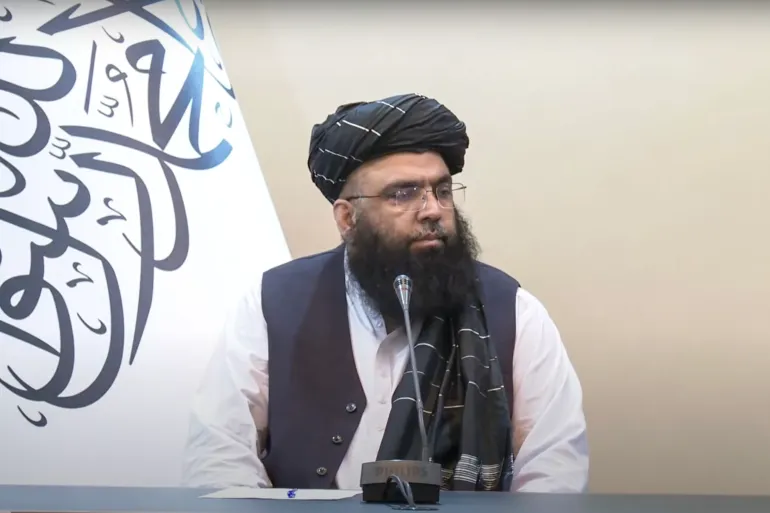KABUL (TCA) — On a visit to Afghanistan’s capital Kabul on March 26, EU foreign-policy chief Federica Mogherini met with President Ashraf Ghani and Chief Executive Abdullah Abdullah to discuss the peace process. She urged the parties in the armed conflict to enter into a ceasefire and begin direct talks with the Afghan government.
EU High Representative for Foreign Affairs and Security Policy/Vice-President of the European Commission, Federica Mogherini, visited Kabul to discuss the current political situation, as well as the European Union’s initiatives to support to peace in Afghanistan, the European External Action Service reported.
The visit underlined the EU’s strong commitment to support an Afghan-led and Afghan-owned peace process. The European Union has made a five-point offer to support the peace process, as outlined by High Representative Mogherini at the Geneva Ministerial Conference on Afghanistan last November: 1) helping the government to make the peace process more inclusive; 2) supporting reforms, including security sector reform; 3) providing incentives for the reintegration of ex-combatants; 4) having the EU as a guarantor of the peace process; and 5) supporting cross-border trade and infrastructure, as well as regional connectivity.
“Just a few years ago, talking about peace seemed to be completely out of the vocabulary. But today Afghanistan finds itself at a critical moment in its history. You are faced, with a unique window of opportunity to start discussing the prospects for peace in the country,” said Federica Mogherini at a joint press point with President Ghani. “The attention and the priority that the European Union has given to the Afghan people is not only something that we have consistently and generously sustained during the past years, but it is also something we are ready to continue. We will be at your side in this difficult but important journey and will, as always, do all we can to accompany the Afghan people and their democratically elected institutions at this particular moment of their history.”
In her meetings in Kabul, the High Representative stressed three conditions to make the result of any negotiation sustainable over time. First, a ceasefire agreed by the Taliban and peace talks with the Afghan government. Second, an inclusive negotiation team, with representatives of all Afghan society, including women. “It is internationally proven that any peace agreement that has been negotiated also by women has 40 percent more chance of standing the test of time, so it is in the interest of the result of the negotiations to have women at the table,” said Federica Mogherini. “Here in Afghanistan, women are a very relevant part of society. Their inclusion in any peace process is the guarantee that peace is owned and led by Afghans.” Third, she emphasised that the political, economic and social achievements of the last 18 years, in particular regarding the rights of women, girls, children and minorities, must be upheld and strengthened.
In addition to the political support to the start of a peace process, the EU is helping to alleviate the current humanitarian crisis, with over €200 million of assistance since 2014. Last week, the European Commission announced €27 million in assistance for those most affected by the conflict, by the devastating floods in early March, and by drought.









